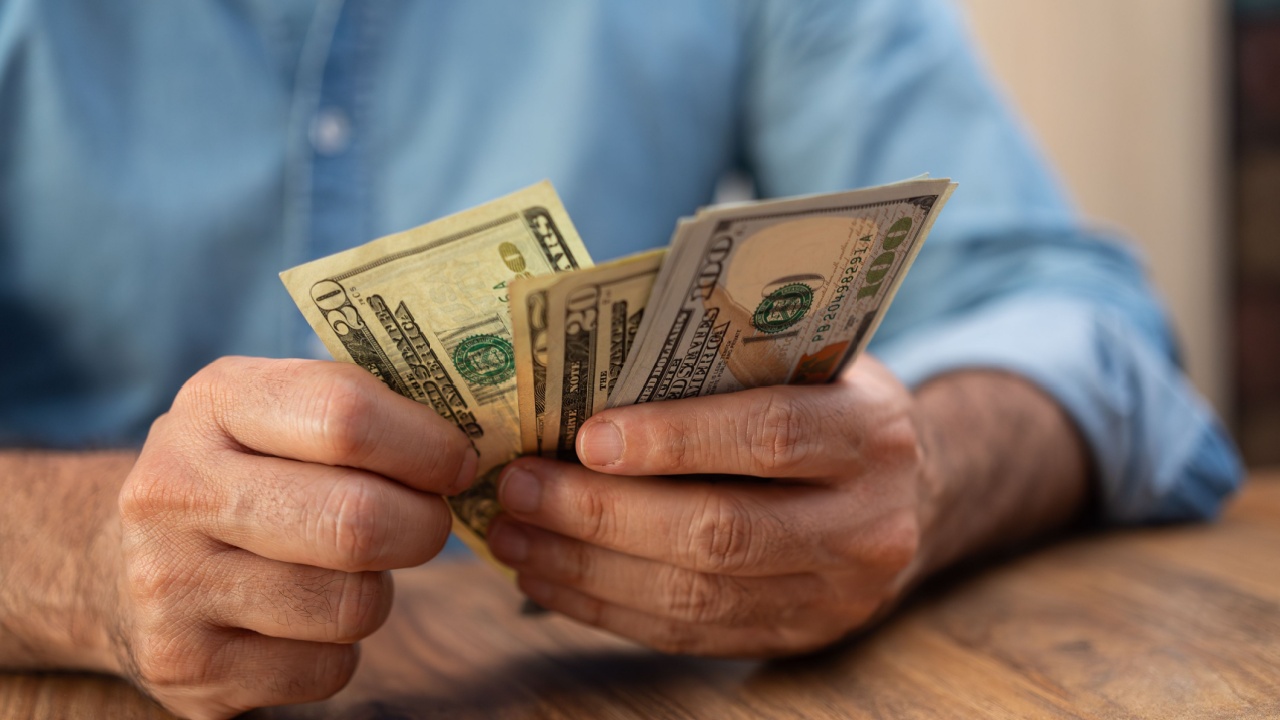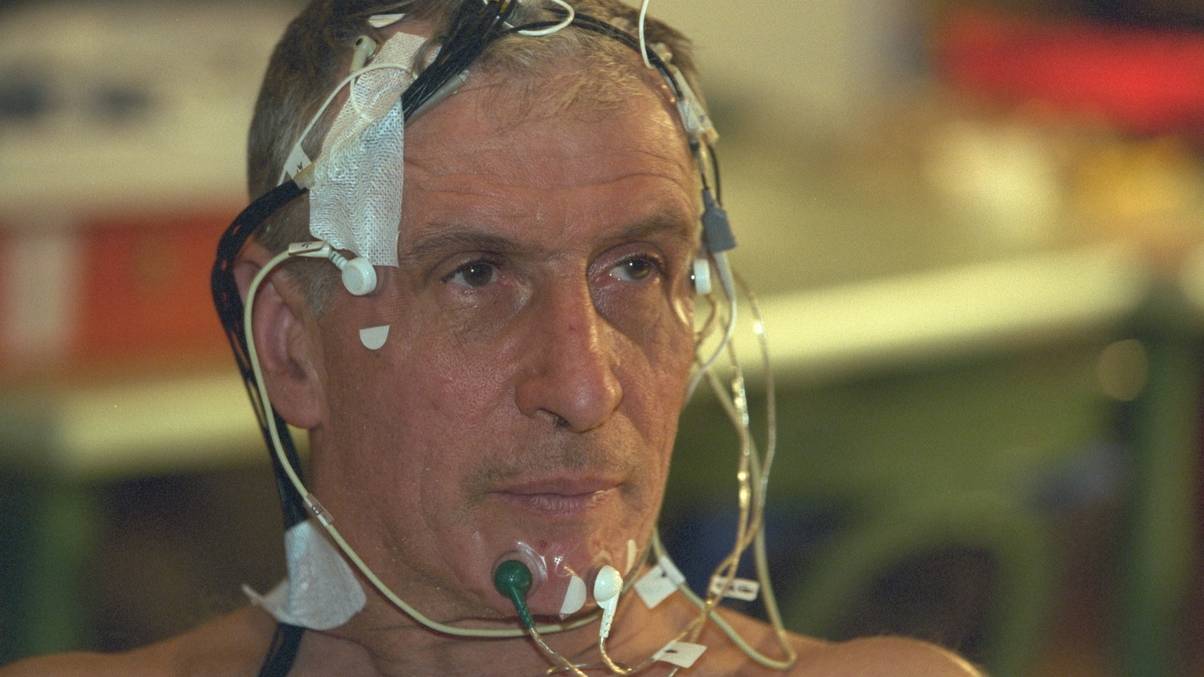The Hidden Truths About Money: 15 Surprising Psychological Secrets You Never Knew
6. Spending is More Emotional Than Logical

Image Credit: Deposit Photos.
Despite what accountants would like us to believe, sometimes, money isn’t purely logical. Most people decide how to spend or save based on emotions rather than calculations. Sometimes, it’s the thrill of a flash sale or the guilt that comes with spending on yourself; feelings often hold the reins.
Research even shows that people tend to overspend after a stressful day, viewing shopping as emotional first aid. While emotions drive spending, regret often rides shotgun. That fancy gadget you splurged on? It might not bring the joy you expected, but the guilt lingers far longer than the unboxing high.
7. Your Brain Loves Instant Gratification

Image Credit: Deposit Photos.
Have you ever wondered why it’s so hard to resist buying something you know you don’t need? Blame dopamine. This neurotransmitter is responsible for the “feel-good” hit we get when indulging in a treat, and it loves instant gratification. The brain loves now, but your wallet might wish it loved later.
Online shopping has made this even worse, delivering tiny dopamine bursts with every “Add to Cart” click. Unfortunately, the thrill fades fast. Once the package arrives, the novelty often wears off, leaving us wanting more. This is why people often prioritize short-term rewards, like splurging on takeout, over long-term goals, like saving for retirement.
8. People Value Things They Own More Than They Should

Image Credit: Deposit Photos.
The Endowment Effect is a fascinating bias that makes us overvalue what we already own. That old sweater you haven’t worn in five years? It might look like junk to others, but to you, it’s priceless. This often shows up when people sell used items, setting prices way above market value because they can’t see their stuff objectively.
The effect also influences how people hold onto investments, even when they’re losing money. Once something is ours, we cling to it fiercely—even when letting go would be the smarter move.
9. Spending on Experiences Beats Spending on Stuff

Image Credit: Deposit Photos.
If you’re looking for happiness, buying a memory might be better than buying a product. Research shows that people derive more long-term satisfaction from spending on experiences, like vacations or concerts, than from material possessions.
Experiences create stories, memories, and connections that outlast the fleeting joy of owning a shiny object. However, this doesn’t mean all experience-based spending is wise. Lavish vacations you can’t afford or impulse-buying event tickets still follow the same emotional spending pitfalls as material goods.
10. Money Changes How We Value Time

Image Credit: Deposit Photos.
You’re not overthinking; your friend who started making more money is avoiding you. Once people start earning money, their perception of time often changes. Time becomes a resource tied directly to financial value.
Suddenly, a leisurely afternoon feels expensive if it’s seen as time that could have been spent earning. While this mindset can drive productivity, it’s also a double-edged sword. People who overly tie time to money often struggle to relax or enjoy non-monetary activities, treating downtime as wasted potential. Ironically, obsessing over time’s value can end up costing you joy.
11. Financial Insecurity Alters Decision-Making

Image Credit: Deposit Photos.
Living with financial stress doesn’t just impact your wallet—it affects your brain. Studies show that financial insecurity reduces cognitive bandwidth, making it harder to focus, plan, or make thoughtful choices.
This scarcity mindset creates a vicious cycle. Short-term decisions, like payday loans or skipping savings, often lead to more financial strain, further reducing cognitive capacity. Breaking free requires both external support and mental retraining to prioritize stability over instant relief.
12. People Love Free Stuff

Image Credit: BluIz60 at Deposit Photos.
Nothing gets humans as excited as the word “free.” Behavioral economists call this the Zero Price Effect, where the allure of getting something for nothing overrides rational thought. This explains why people will stand in line for hours for a free coffee or hoard promotional pens they’ll never use.
The irony? Free items often cost us in other ways. Time, energy, and even storage space for all those free trinkets can add up, making the “free” not so free after all. Yet, knowing this rarely stops us from chasing giveaways.
13. Social Comparison Drives Spending

Image Credit: Deposit Photos.
Keeping up with the Joneses is real; your neighbor’s shiny new car or your colleague’s luxury vacation can influence your spending more than you realize. Social comparison often pushes people to spend beyond their means, chasing an elusive standard of success set by others.
This phenomenon can lead to financial strain and diminished happiness. The reality is that most people overestimate how much others are spending and underestimate the true cost of trying to match them.



















Post Comment